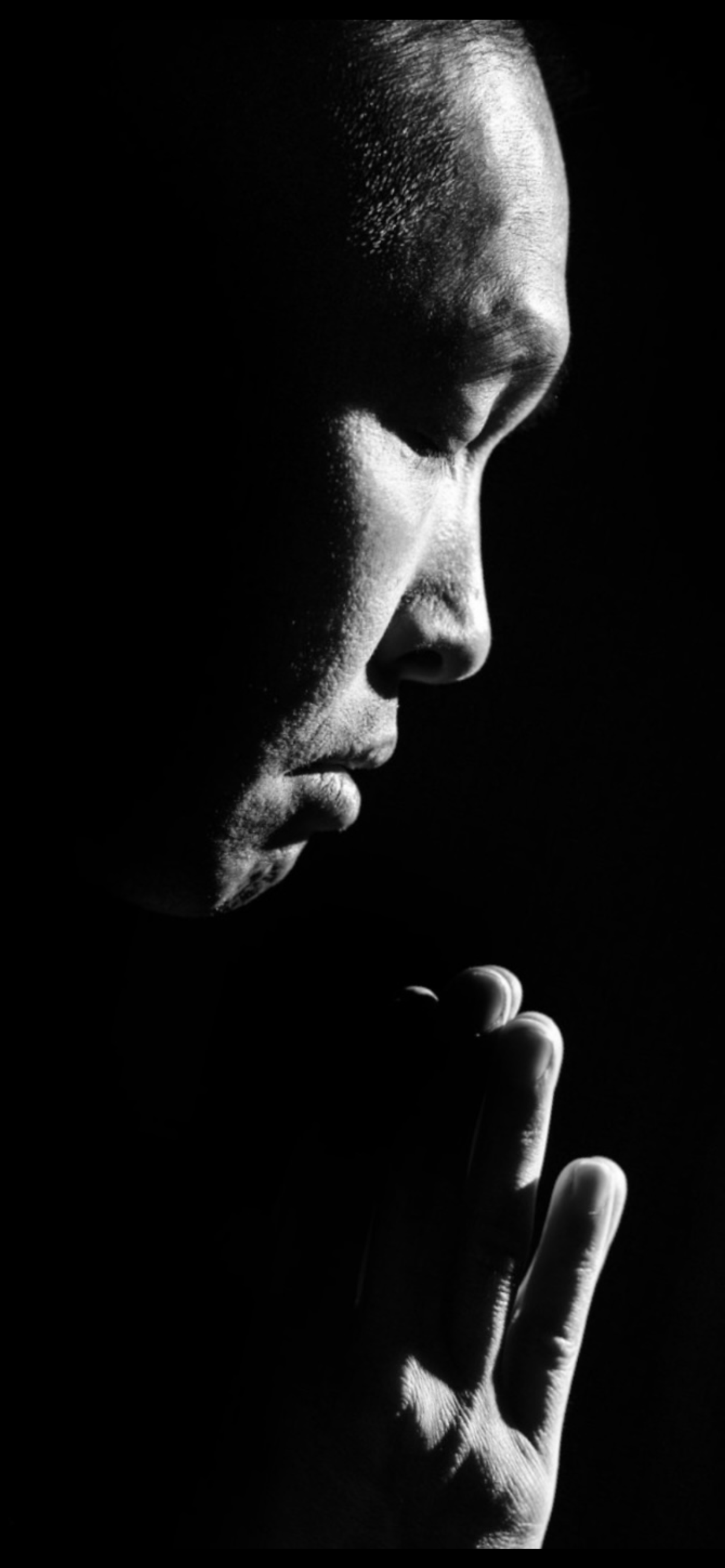In the forthcoming book, “Drop the FEAR and Focus on the FAITH,” Di Tran presents readers with a transformative approach to life and business. Drawing from personal experiences and insights, Tran elucidates three guiding principles that have been instrumental in his journey toward success and happiness. Each principle underscores the essential theme of the book: the need to relinquish fear and embrace faith.
1. Be the Easiest Person to Work With in All Things
Fear often stems from confrontation, disagreement, or the simple trepidation of stepping outside one’s comfort zone. Di Tran emphasizes the importance of being adaptable, understanding, and accommodating in all interactions, whether personal or professional. By being the easiest person to work with, you create a harmonious environment that fosters collaboration and mutual respect. This principle isn’t about being a pushover, but rather fostering a positive mindset where one approaches challenges with solution-driven optimism. Dropping the fear means letting go of ego, pride, and the need to always be right, thereby making room for faith in the collective synergy of teamwork.
2. Focus on Self Progress, Upskill, and Value Add to Life Instead of Outcome
The second principle deals with our obsession with outcomes. Too often, we’re held captive by the fear of failure or the anticipation of success, causing us to lose sight of the journey itself. By emphasizing self-progress and continuous learning, Tran encourages readers to relish the process rather than just the end result. Upskilling and adding value to one’s life isn’t merely about professional advancement; it’s a holistic approach that encompasses personal growth, emotional intelligence, and spiritual enlightenment. By having faith in one’s ability to evolve and adapt, one is liberated from the anxiety of outcomes.
3. Give First, and Give to Give, Not to Expect
Perhaps the most profound of Tran’s principles revolves around the act of giving. In a world driven by transactional relationships, it takes immense faith to give without expecting anything in return. As the universal rule suggests, taking without giving creates an imbalance in life’s equation. By giving first, not only do we align ourselves with positive karma, but we also place others in a position where they feel compelled to reciprocate. This principle isn’t about manipulation but about genuine altruism. Dropping the fear here means trusting in the intangible rewards of kindness and the belief that the universe recognizes genuine acts of goodwill.
In conclusion, Di Tran’s “Drop the FEAR and Focus on the FAITH” is not just a testament to his personal journey but serves as a beacon for anyone navigating the complex terrains of life and business. By internalizing these three principles, one can drop the weight of fear and soar on the wings of faith.







